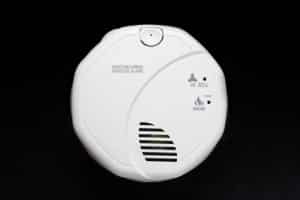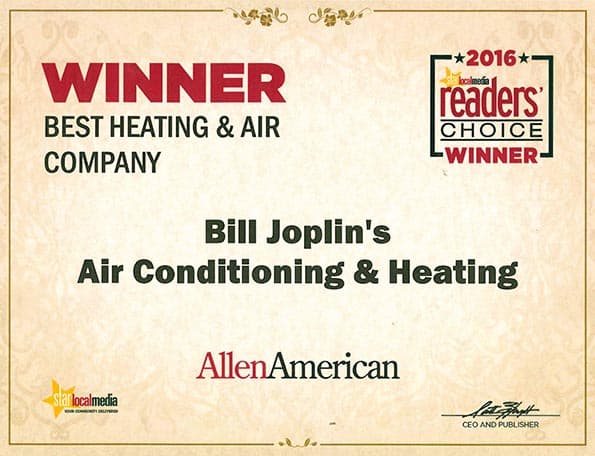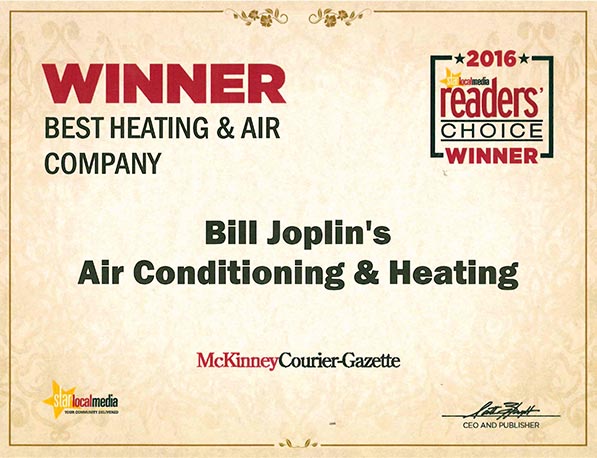One of the most prevalent dangers in your home is the one you can’t see or smell. Inadvertent carbon monoxide poisoning affects hundreds across the nation each year, with still more affected by injuries related to exposure. The odorless, colorless and tasteless nature of carbon monoxide (CO) makes it difficult to detect early on, making it one of the biggest threats to your health and home safety.
What Causes Carbon Monoxide Buildup?
Carbon monoxide gases are a common by-product of the combustion process. Gas and oil-fired furnaces and boilers rely on chimneys and flues to carry these and other fumes away from living spaces. Unfortunately, a chimney or flue that’s improperly sized or poorly maintained is likely to allow these fumes to escape and accumulate throughout your home.
Today’s airtight homes can also inadvertently trap carbon monoxide gases, unless care is taken to ensure efficient and effective ventilation.
How Carbon Monoxide Affects You
Carbon monoxide poisoning occurs when large concentrations of the gas are absorbed into your bloodstream in lieu of oxygen, causing a wide range of effects depending on the level of exposure. Low-level poisoning symptoms often include chronic fatigue, headaches, nausea, malaise and dizziness.
These acute symptoms are often mistaken for the flu and other illnesses. If left untreated, symptoms can advance to more serious conditions, such as seizures, respiratory arrest and even death.
Preventive Steps You Can Take
- Make sure your home’s furnace or boiler is properly maintained on a regular basis. Your HVAC technician should inspect and clean the burners, pilot, ignition system and other associated parts.
- Have your technician visually inspect the chimney for any blockages or leaks. If the furnace or boiler uses a flue, make sure it’s been properly installed and isn’t suffering from corrosion.
- Invest in a carbon monoxide detector. Similar to a regular smoke detector, this device sounds an alarm when CO levels exceed safe levels in your home.
For more information on carbon monoxide poisoning, or to schedule annual furnace maintenance, contact Bill Joplin’s Air Conditioning & Heating. We’ve proudly served McKinney, Frisco and Allen homeowners since 1978.





